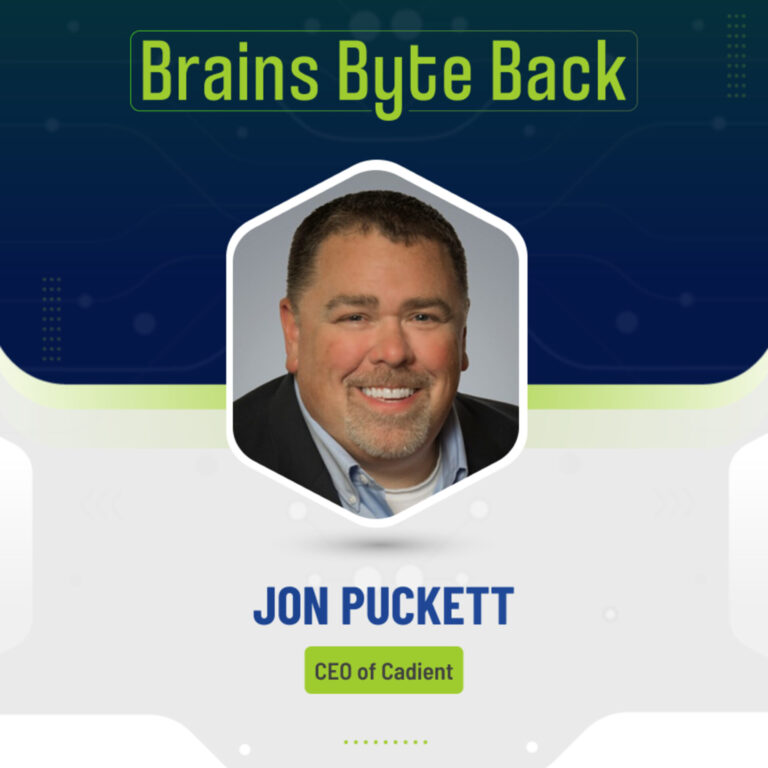The Pentagon is close to having a enterprise-wide AI infrastructure that can be deployed at scale, and could one day be connected to the human brain.
The Pentagon is close to unlocking the ability to deploy enterprise-wide software that could one day be potentially downloaded into the human brain, according to Assistant Secretary of the Air Force for Acquisition, Technology and Logistics, Dr. Will Roper.
“Within the Air Force and Space Force, we are close to having that enterprise-wide infrastructure that will make AI at scale possible” — Dr. Will Roper
However, before plugging pilots and fighters into the matrix, the Pentagon will be testing the enterprise-wide AI platform on its non-organic weapons of war, such as planes, ships, and tanks.
Speaking at the DoD AI Symposium on Thursday, Dr. Roper announced, “Within the Air Force and Space Force, we are close to having that enterprise-wide infrastructure that will make AI at scale possible.”
With an enterprise-wide platform comes access to enterprise-wide data, which is something that the Pentagon still hasn’t fully flushed out, according to Dr. Roper.
“Just like downloading code on the matrix, we should be able to download code directly onto a jet […] and maybe in the future […] download it into our brains” — Dr. Will Roper
But once the Department of Defense has a fully-functioning, enterprise-wide infrastructure combining cloud, data, and an AI platform, then it can deploy the technology at scale to all parts of the Pentagon.
“Once you have enterprise-wide cloud, platform, and data all managed as a service, now you can do Data Analytics as a Service, AI as a Service — not just used by one platform, or one different group of operators, but used by all,” said Dr. Roper.
He added, “Just like downloading code on the matrix, we should be able to download code directly onto a jet and know that it’s going to work without fail.
“And maybe in the future, in a sci-fi future that we’re not to yet, maybe download it into our brains eventually.”
The idea of merging AI onto a human brain is not a new one.
Millions tuned in when Elon Musk recently gave a demo of his Neuralink brain implant on pigs where he prognosticated, “In the future, you will be able to save and replay memories,” adding, “then ultimately, you could potentially download them into a new body or into a robot body.”
“I’m willing to predict that in future warfare, before a combatant commander counts the number of munitions or platforms that they would take into combat, they’re first going to look at their digital infrastructure and data, knowing that if they are out-classed in those two facets, they will lose against an adversary that’s faster” — Dr. Will Roper
And two years ago, the Defense Advanced Research Projects Agency (DARPA) developed a brain-computer interface that used signals from the brain “to command and control […] not just one aircraft but three simultaneous types of aircraft.”
With the knowledge that a pilot can basically pilot drone swarms telepathically, DARPA is envisioning a future of warfare where soldiers engaged in urban combat will interact with upwards of 250 autonomous robots through a military tactic known as swarming.
The overarching goal of the Pentagon is to deploy AI at scale across the entire department, so that all branches of the Pentagon can use the same infrastructure, regardless if it’s the Air Force, Army, Navy, or Space Force to name a few.
“That’s the vision that we aspire to — is truly becoming an enterprise-wide software ‘company’ that acts like a Google or an Amazon — that treats data like a Google or an Amazon” — Dr. Will Roper
“If we’re sharing the same development methodologies, there’s no reason something developed by the Army or the Navy can’t seamlessly go to our war fighters just as if an airman or space professional developed it themselves,” said Dr. Roper.
“That’s the vision that we aspire to — is truly becoming an enterprise-wide software ‘company’ that acts like a Google or an Amazon — that treats data like a Google or an Amazon,” he added.
The future of warfare will be all about who can leverage AI most effectively and at scale.
In the near future, the first thing that military officers will review when coming up against an adversary will be to check their digital infrastructure and data, because they will lose if they are out-classed in those areas.
“I’m willing to predict that in future warfare, before a combatant commander counts the number of munitions or platforms that they would take into combat, they’re first going to look at their digital infrastructure and data, knowing that if they are out-classed in those two facets, they will lose against an adversary that’s faster,” said Dr. Roper.

Lt. Gen. (Ret) Jack Shanahan
“From the back office to the battlefield, from under sea to cyberspace and outer space, and all points in between — everything could be made better through through the application of AI,” — Lt. Gen. Shanahan
On June 4, the retiring director of the Joint Artificial Intelligence Center (JAIC), Lieutenant General Jack Shanahan, told the Mitchell Institute for Aerospace Studies that the Pentagon is looking to completely transform itself through AI, both internally and externally in its operations.
“It is my conviction and my deep passion that AI will transform the character of warfare and the Department of Defense over the course of the next 20 years,” said Shanahan.
“There is no part of the department that will not be impacted by this. From the back office to the battlefield, and as I like to say, from under sea to cyberspace and outer space, and all points in between — everything could be made better through through the application of AI,” he added.
Brain-computer interface allows for telepathic piloting of drones
AI will permeate the Pentagon ‘from cyberspace to outer space, everywhere between’: JAIC director
‘The future’s gonna be weird’: Musk says memories could be downloaded into a new body or robot












